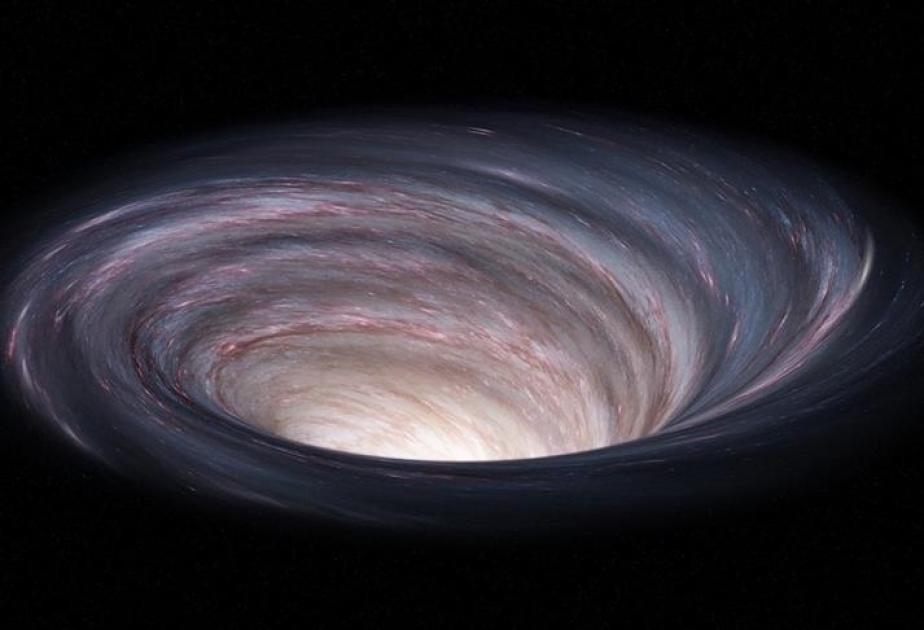Scientists announced that they created a fresh depiction of the cosmos, encompassing 1.3 million supermassive black holes (SMBHs) positioned at the core of galaxies, Anadolu Agency reports citing Cosmos magazine.
The map, produced using data from the European Space Agency’s Gaia space telescope, focused on mapping the stars in our own galaxy but inadvertently captured images of objects much further away.
“This quasar catalogue is different from all previous catalogues in that it gives us a three-dimensional map of the largest-ever volume of the universe,” said the map’s co-creator, professor David Hogg from New York University.
“It isn’t the catalogue with the most quasars, and it isn’t the catalogue with the best-quality measurements of quasars, but it is the catalogue with the largest total volume of the universe mapped,” he said.
He said the quasar catalog exemplifies the high productivity of astronomical projects.
“Gaia was designed to measure stars in our own galaxy, but it also found millions of quasars at the same time, which give us a map of the entire universe,” he added.
SMBHs typically possess a mass ranging from 100,000 to 10 billion times that of the sun and are commonly situated in the central regions of galaxies.
The article on a research project aimed to help astronomers in better understanding the evolution of the universe, has been published in Astrophysical Journal.

















